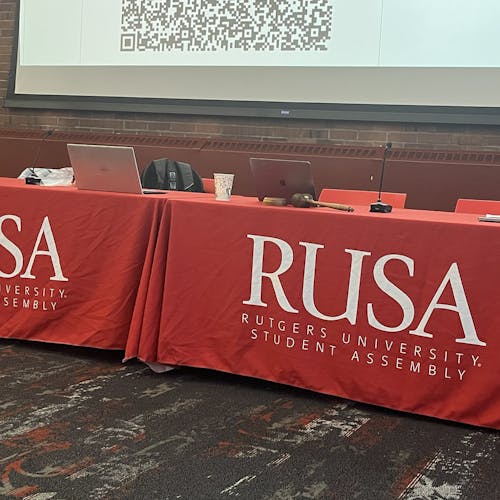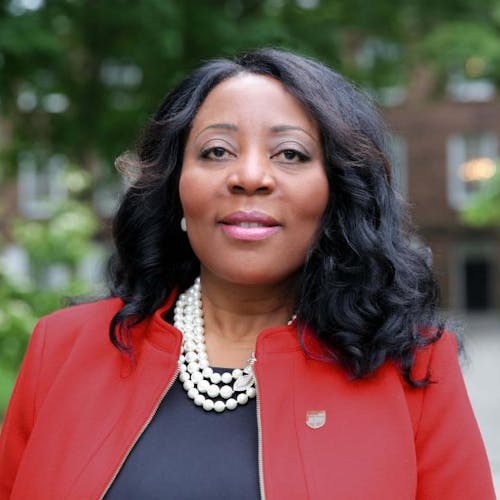Laws schools see rise in applicants for first time in years, survey says

After a roller coaster of increases and decreases in law school applications, law schools' admissions offices are predicting an upsurge.
The vast majority of law school admissions officers predict to see an increase in application for the first time in years, according to a Kaplan Test Prep 2015 survey, with nearly 88 percent confident that their law school will see a rise in the 2015-2016 application cycle.
“What we’re seeing now is that we’re coming out of a time of historic application decline,” said Jeff Thomas, executive director of pre-law programs at Kaplan Test Prep.
Thomas said around 2007 or 2008, there was a sharp increase in law school applications due largely in part of the Great Recession. At the same time, many law schools decided to accept more students and increase the size of classes.
“(Then in 2010 or 2011), there was an oversaturation in the legal marketplace of newly enlisted attorneys that went to law school because they couldn’t find the jobs earlier. Then those graduating law school (began having) the same difficulty finding employment as those did during the Recession,” he said.
For the first time ever, they saw in the legal marketplace a decline in the numbers of jobs available for newly listed attorneys, he said.
Following the decline of jobs available, Thomas said less numbers of students applied to law school because they saw graduates unable to find jobs.
“So law schools have had to make changes to their curriculum. They’ve chunked the size of their classes, and they’re sort of just waiting for the time when applicants will start picking up again,” he said said.
With the confident prediction of admissions officers in seeing a rise in applicants for the following admissions cycle, Thomas stressed the importance of understanding why a student would want to go to law school.
“Do you have the passion to be an attorney? Do you know what lawyers do, and do you really want to invest the time and money to get a law degree?” Thomas said. “If you’re passionate about it, go. If it’s not a definite ‘yes,’ though, it’s a definite ‘no.’”
Thomas said the rise in law school applicants does not mean law schools will accept more students, adding how law schools do not want to repeat the previous cycle of there being an oversaturation of attorneys in the legal marketplace.
Students applying to law school next year should expect the process to be a bit more competitive than it has been the past couple years, Thomas said.
“Students need to work harder to make sure they put together a compelling application, and that means having a great GPA and really taking the LSAT very, very seriously, because those are the two most important factors,” Thomas said.
Henry Grabbe, a School of Arts and Sciences senior, who plans on applying to law school, said hearing law school admissions officers predict applicants to increase is frustrating, given that he will have a harder time with applications than people had just one or two years ago.
“It is clear that no one has control over the number of applicants, so it isn’t worthwhile to dwell,” Grabbe said.
He is optimistic that a single application cycle will not uproot the expected competition.
“I assume and hope that personal statements and work experience will come into play. A lot of law school applicants, myself included, spend years creating work and service experience, and I hope admissions boards consider that experience,” Grabbe said.
Thomas said because law schools are the gateway to the legal community producing the new attorneys of tomorrow, they have a responsibility to make sure they are preparing people for professions, as well as preparing the proper people for professions.
“So law schools really have to make sure they’re not just letting people be attorneys, but they’re making sure that the folks going through the law schools themselves have the academic chops to be successful attorneys for the marketplace,” Thomas said.
Grabbe said he certainly believes the findings of the Kaplan study are important for students interested in applying to school law school.
“I have spent the last nine months with the attitude that every hour of LSAT studying and draft of personal statement writing and consideration for recommenders to approach might make a difference,” Grabbe said. “The Kaplan study points to that actually being the case.”



